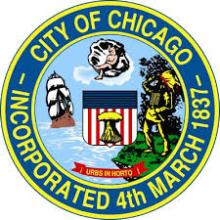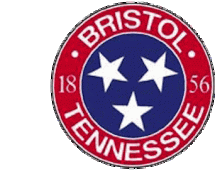Chattanooga's EPB, Local Cooperative, and Athens Utility Board Collaborate For Better Internet
Athens, Tennessee, has struck a deal with Chattanooga's EPB and the Volunteer Energy Cooperative (VEC) that could facilitate the city's interest in a municipal fiber network. According to the Times Free Press, the Athens Utility Board (AUB) hammered out the final agreement earlier this month.
AUB is leasing fiber from VEC that carries a gigabit signal from EBP to the AUB system.
According to the article, AUB has explored the prospect of developing their own fiber network as early as November 2013 and now offers Internet access to one business in a local business park. AUB General Manager Eric Newberry told the AUB Board that they plan to approach other local businesses to set up additional commercial accounts. They plan a slow buildout and urge local businesses, many of them clamoring for a reliable connection, to be patient as they take next steps.
Athens is part of the Chattanooga-Cleveland-Dalton area in the southeast corner of the state and home to around 13,500 people. In March, the City Council voted unanimously to pass Resolution 2015-11 supporting local authority for telecommunications. [See the PDF of the Minutes p.1]
Thusfar, the investment has cost $58,258.69 for labor, materials, and equipment. The Board had budgeted $100,000 for the project.




